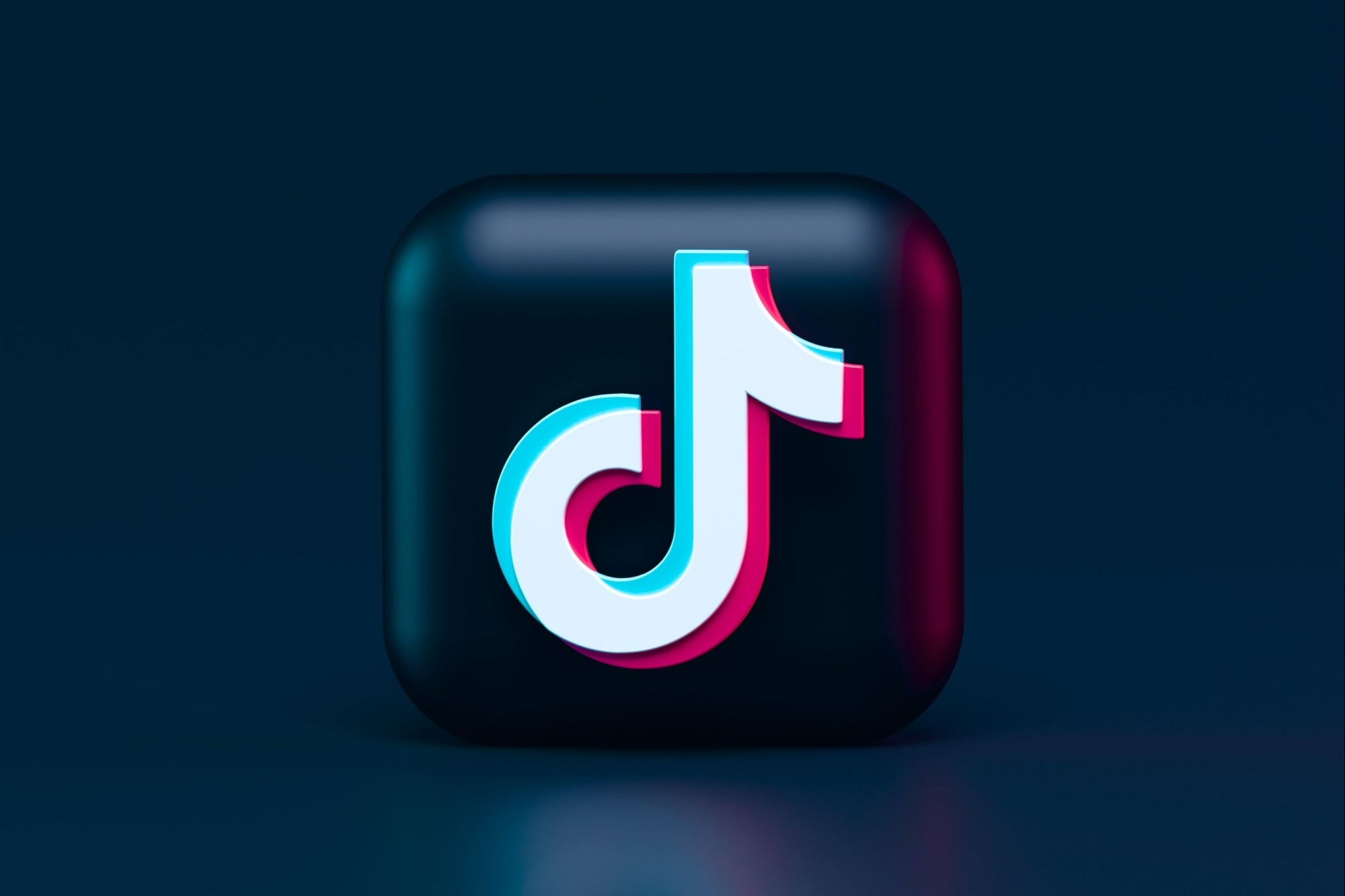What Indian Short Video Players Can Learn From TikTok Experts believe that the secret sauce was the AI algorithm, ease of use and unique content format that TikTok offered
By S Shanthi •
Opinions expressed by Entrepreneur contributors are their own.
You're reading Entrepreneur India, an international franchise of Entrepreneur Media.

Immediately after India banned TikTok along with over 250 Chinese apps in 2020, many homegrown alternatives emerged. The short video apps such as Roposo, Mitron, Chingari, Bolo Indya, MX TakaTak were called overnight successes as they looked to fill the vacuum. However, more than a year after the ban, nobody has dethroned TikTok's position.
The Fragmented Market
One of the reasons is that the market is now fragmented with many alternatives including global players such as YouTube, Instagram and Facebook, who launched hypershots entertainment some months after the ban. "The audience once on a single platform has now been exposed to diverse platforms. Well-established and social media players such as YouTube and Instagram have also now taken over the majority of audience share. Indian alternatives have faced stiff competition from such global players in the race of grabbing maximum eyeballs," said Rahul Ghosh, a brand consultant.
Additionally, since the ban, there is a heightened fear among the content creators that they may lose "followers' and eventually their income base if they depend on just one platform. "As a strategy to safeguard themselves popular creators now have diversified and moved to different platforms rather than concentrating on one platform. Creators cross-share links and videos across different platforms," said Ghosh.
There's intense competition among the alternatives, and by the time any of them go one up, there's a new platform in the market that also joins the race, said Aayush Tiwari, VP-talent management and music business, Monk Entertainment.
Other than the fragmentation that stopped the rise of a single winner to dethrone TikTok's popularity, these alternatives also face some shortcomings.
What Gave TikTok an Edge
"The success of TikTok was that it created a new category of short videos - a paradigm shift for the entire social media category, and became all about remixes and re-contextualization of content, which is easily shareable and therefore diffuses into the audience quickly," said Vivek Saxena, co-founder CEO, Thinkly, a content creator platform.
According to Saxena, three things that worked very well in the case of TikTok are ease of use, content format and a formidable AI algorithm. "It's far easier to upload and edit the content on TikTok than any other app, including global giants such as Instagram, Snapchat, let alone Indian apps. Secondly, a key element underlying TikTok videos is the tie-in between the videos and music, which appeals to all age groups. TikTok has established itself as the place for new dance moves, comedy routines based upon the steady stream of music released on its platform, leading to TikTok challenges, memes and other such trends which simply go viral within its community," he said.
Further, Saxena and many experts believe that the biggest secret sauce is TikTok's AI algorithm. "For instance, users don't have to follow any user upon sign up - the algorithm simply learns user preferences and builds a custom feed for them. The algorithm is so powerful that when there were talks under the Trump administration to either ban TikTok from the US or spin-off TikTok USA subsidiary to a local buyer, there was sufficient interest from the Tech giants just because of the algorithm," added Saxena.
What Homegrown Alternatives Lack
Entertainment experts feel that most of these alternatives were rushed to the market to leverage the aftermath of the ban and thus users could barely engage during the initial few days and felt like they were using a prototype. "The UX conditions improved over time, but the race of onboarding the most significant creators, hoarding content in huge volumes created more confusion amongst the audience rather than disruption. Audiences start following an app and generate content based on their favorite creator's likelinesses. Still, because these creators kept switching platforms, it wasn't easy to sustain the audience and exclusive content," said Tiwari.
Ghosh, however, believes that while these platforms have been quite fast in adapting to technological changes and user requirements, they are still not as user-friendly as what TikTok used to offer. "The ease of creating, editing and sharing still hasn't found an alternative among the Indian platforms," he said.
Also, the Indian apps haven't been able to offer a unique differentiated offering, either in terms of the content or experience, which could make them stand out against each other and global players. Further, lack of awareness and absence of branding have been the major shortcomings of these alternatives. "There is small or no recall value associated with such platforms. While some platforms such as MX Takata and Moj have managed to penetrate smaller town's audiences however they haven't made much noise on a national level," said Ghosh.
Lastly, if TikTok makes its way back into India, TikTok's brand recall, differentiated user experience and deep pockets can attract users and creators back to the platform. "If creators migrate back and start uploading exclusive content on TikTok, the viewers, who're already well versed with the convenience of TikTok's UI, won't hesitate to go back to the platform. None of the platforms have done anything very distinctive of what TikTok did, hence it will be difficult to retain both the creators and viewers in case of TikTok's comeback," said Tiwari.
However, experts also feel that even if TikTok makes an entry again, content creators will definitely maintain their audiences engaged on other platforms as well to keep their avenues open and TikTok will also have to face cut-throat competition, mostly from Instagram and YouTube among other Indian platforms.













